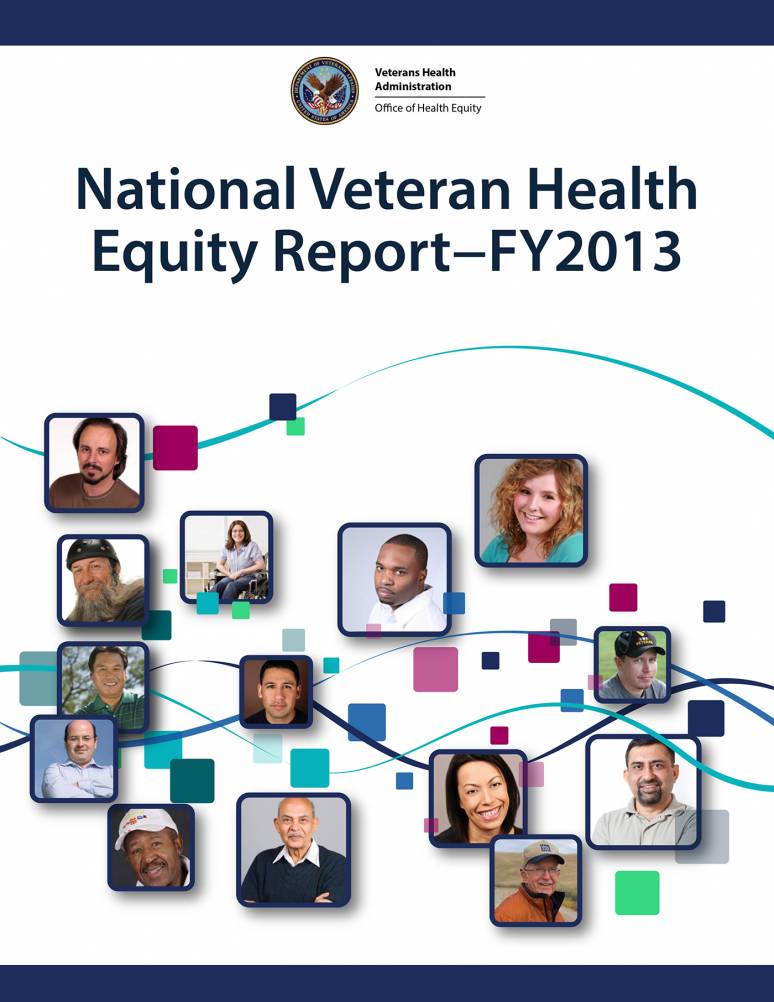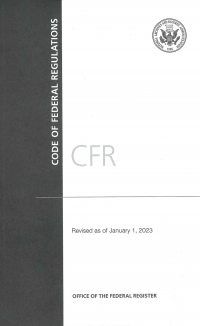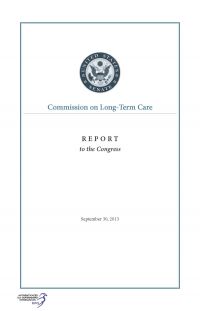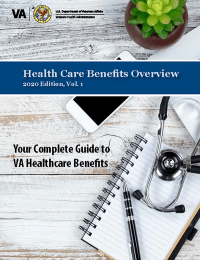
The first-ever National Veteran Health Equity Report details patterns and provides comparative rates of health conditions for vulnerable Veteran groups. Specifically, this report is designed to provide basic comparative information on the sociodemographics, utilization patterns and rates of diagnosed health conditions among the groups over which the VHA Office of Health Equity (OHE) has responsibility with respect to monitoring, evaluating and acting on identified disparities in access, use, care, quality and outcomes. The report allows the VA, Veterans, and stakeholders to monitor the care vulnerable Veterans receive and set goals for improving their care. Data for the National Veteran Health Equity Report are from centralized, national VHA administrative databases of enrollment, outpatient, inpatient, and Non-VA (Fee) medical care, but do not include long-term care services or care received privately by VHA users. All of the report chapters are drafted by VA subject matter experts. The 2016 version of the National Veteran Health Equity Report details VHA care for vulnerable Veterans by race/ethnicity, gender, age, geography, and mental health status receiving VHA care in Fiscal Year (FY) 2013.
Agency website: https://www.va.gov/healthequity/
Featured on our blog: https://govbooktalk.gpo.gov/2018/06/18/national-veteran-health-equity-re...
Supplemental Materials iii
Foreword vi
Chapter 1 Introduction 1
Chapter 2 Office of Health Equity: Background and Role in VHA Disparities Reduction 5
Chapter4 Health and Healthcare for Women Veterans in VHA 40
Chapter 5 Health and Healthcare for Older Veterans in VHA 66
Chapter 6 Health and Healthcare for Veterans in VHA in Rural Areas 91
Chapter 7 Health and Healthcare Disparities Among Veterans with Serious Mental Illness 115
Chapter 8 National Veteran Health Equity Report Highlights 148
Technical Appendix 157
This primary source medical reference may appeal to health policy decision-makers as well as medical providers and trainees. Physicians and medical school students that may be involved with U.S. veterans' healthcare may also be interested in this information. Individuals compiling medical statistics, especially medical statistics related to U.S. veterans' health quality and their military families involved with care-giving may find this data helpful to their research.







